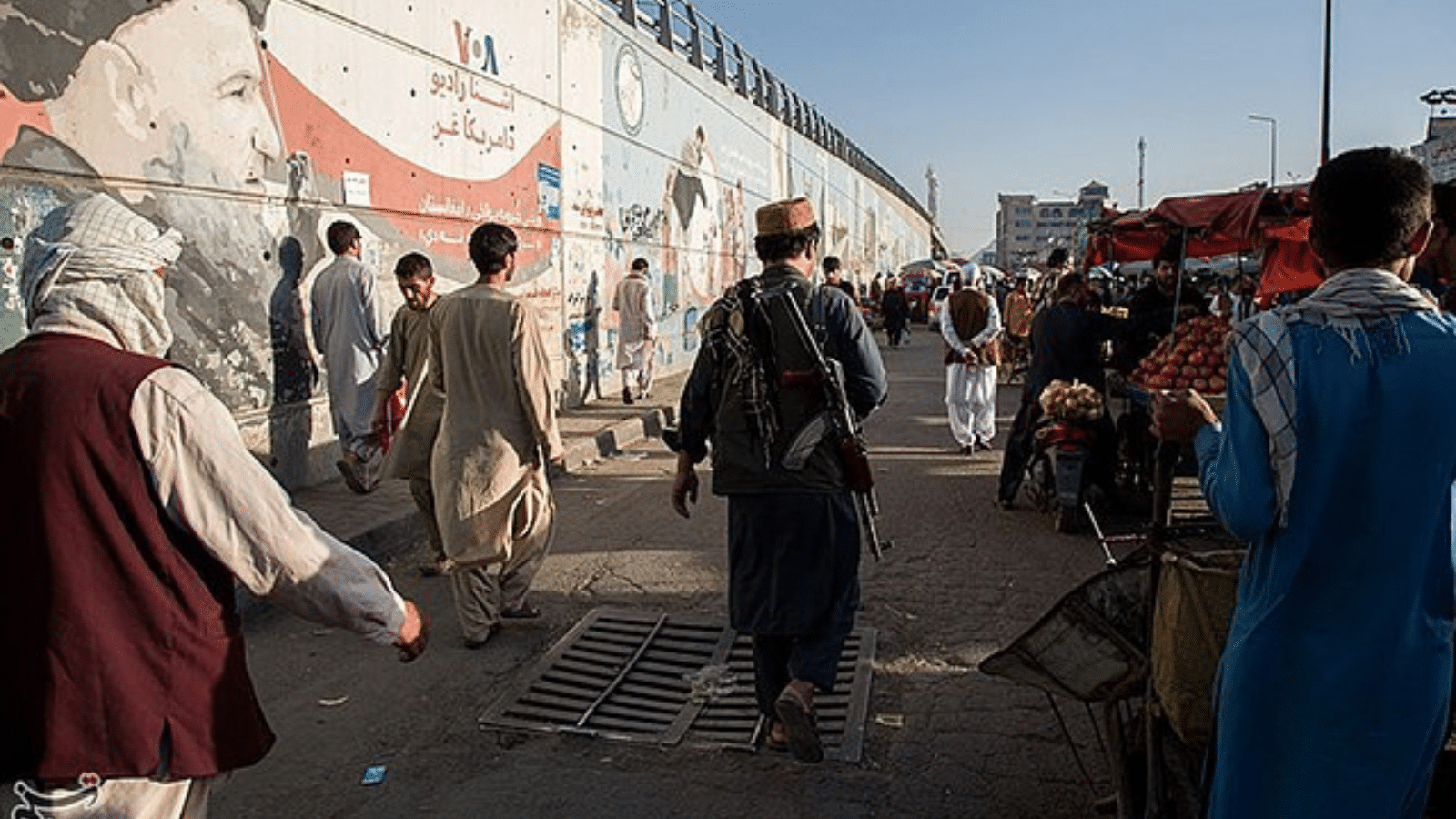This virtual roundtable explored engagement with the Taliban then and now. Based on his experience in Afghanistan since 1988 first as a United Nations (UN) aid worker and later as a researcher, Antonio Donini discussed the similarities and differences between the current context and international engagement in Afghanistan and what happened over twenty years ago. He addresses the question why it is so hard for the international community to learn from past experience and what the consequences are for the Afghan population.
You can also listen to the discussion on the NCHS Talking Humanitarianism podcast below and on Spotify, Apple and Anchor.
This roundtable was organised and chaired by Dennis Dijkzeul (Institute for International Law of Peace and Armed Conflict) and is the third in a series of discussions on ethics in humanitarian action, following previous roundtables on red lines for humanitarian aid in Afghanistan and the ethics of humanitarian neutrality in Syria.
Antonio Donini worked with the United Nations in Afghanistan. Later he worked as a researcher with the Feinstein International Center. He is also active member of United Against Inhumanity, a global, movement of individuals and groups outraged by the atrocities of war and the erosion of asylum. Two of his writings on experiences with negotiations from the 1998-2001 period are attached to this invitation.
Kate Clark is Co-Director of the Afghanistan Analysts Network, with longstanding experience from Afghanistan as an analyst and BBC correspondent.
Sepi Azarbaijani-Moghaddam is an Afghanistan expert with 29 Years Experience in Conflict and Post-Conflict Countries. Her expertise includes Gender Equality, WPS and Civil Society.
Saeed Parto worked in Afghanistan from 2005 to 2022. He founded the Afghanistan Public Policy Research Organization, an independent social research organization. Lately, he has worked as a consultant for UNCTAD in Kabul.
Dennis Dijkzeul is Professor of Conflict and Organization Research Ruhr-Universität Bochum, Institute for International Law of Peace and Armed Conflict (IFHV).
The webinar series is organised by Kristoffer Lidén at the Peace Research Institute Oslo (PRIO) and Norwegian Centre for Humanitarian Studies (NCHS) in collaboration with The Oxford Institute for Ethics, Law and Armed Conflict (ELAC) and Institute for International Law of Peace and Armed Conflict (IFHV). The series is part of the research project Red lines and grey zones: Exploring the ethics of humanitarian negotiation.
To cite this webinar: Dijkzeul, D., & Donini, A. (2023, 21 April). Engaging with the Taliban then and now: Lessons learned, lessons spurned? [Webinar]. Norwegian Centre for Humanitarian Studies and Peace Research Institute Oslo. www.humanitarianstudies.no/events/engaging-with-the-taliban-then-and-now-lessons-learned-lessons-spurned.
